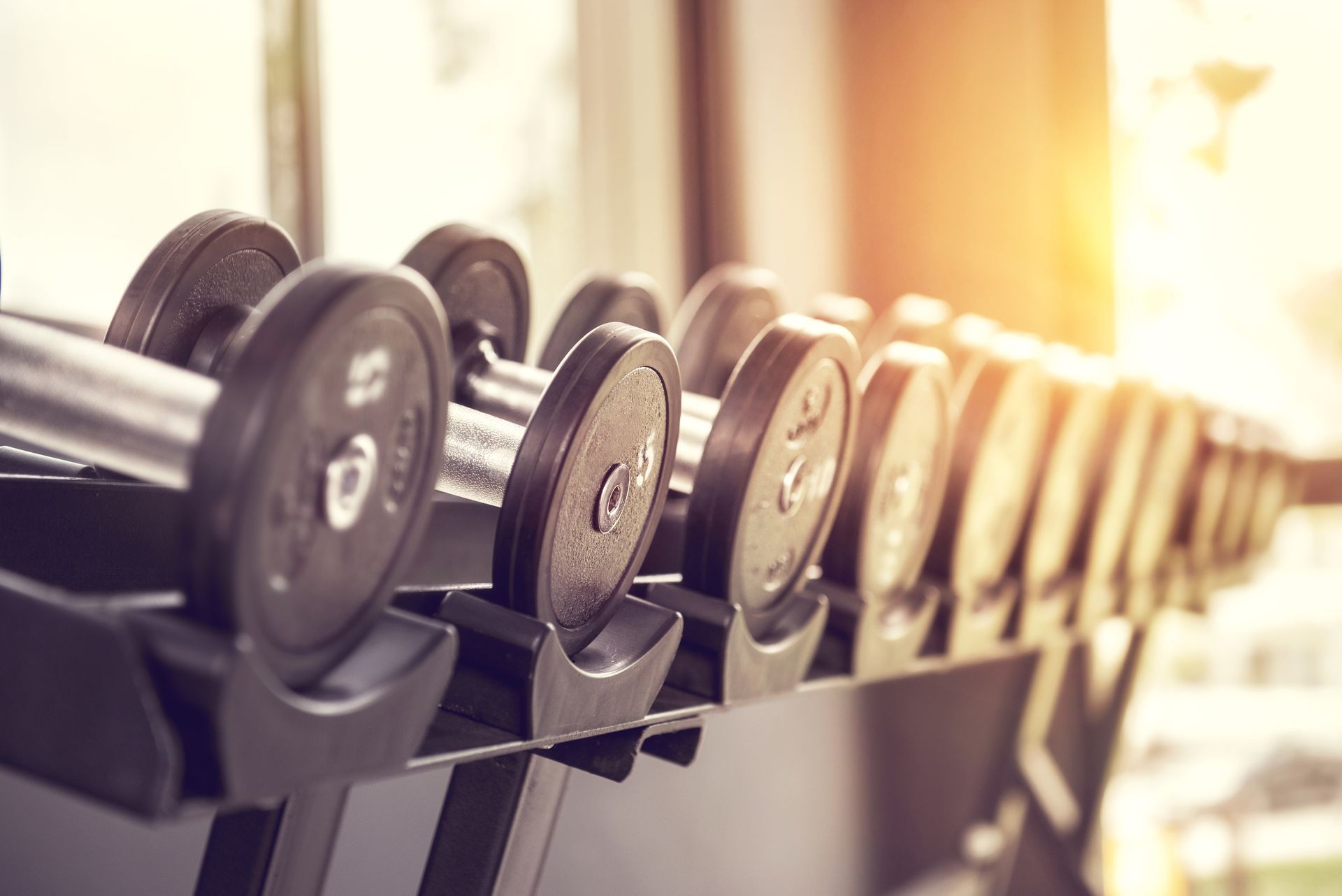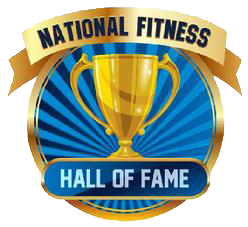June 15, 2023
The Pros and Cons of Fitness Trackers: Are They Worth the Investment?
In an era where technology is ingrained in nearly every facet of our lives, fitness is no exception.

With the rise of wearable technology, fitness trackers have surged in popularity, offering a plethora of features designed to monitor and improve our health and physical activity. From tracking steps, heart rate, and sleep patterns to providing personalized workout suggestions, these devices claim to be an invaluable tool in our fitness journey.
But, are they truly worth the investment?
This article will explore the pros and cons of fitness trackers to help you make an informed decision.
The Pros
Motivation and Accountability
One of the most significant advantages of fitness trackers is that they can boost motivation. Seeing the number of steps you've taken or the calories you've burned can inspire you to move more, push harder, and meet your fitness goals. Additionally, many fitness trackers come with built-in reminders to stand up or move if you've been inactive for too long, fostering a more active lifestyle.
Tracking and Insights
Fitness trackers provide detailed insights into various aspects of your health and fitness, including sleep, heart rate, calorie intake, and physical activity. This data allows you to understand your habits better, identify areas for improvement, and make informed decisions about your health and fitness routine.
Personalized Goals and Recommendations
Most fitness trackers allow you to set personalized goals based on your fitness level and objectives. They also provide tailored workout recommendations and progress updates, giving you a more customized and interactive fitness experience.
The Cons
Accuracy Concerns
Despite their advanced technology, fitness trackers aren't always accurate. Step counting and calorie expenditure estimates can vary significantly from one device to another, and some struggle to accurately track specific exercises or activities. Heart rate monitoring, while generally reliable at rest, can become less accurate during intense exercise.
Over-Reliance and Obsession
While fitness trackers can be motivational, there's a risk of becoming overly reliant or even obsessed with the data they provide. This over-reliance can lead to stress and anxiety, particularly if you fail to meet the daily targets set by the device.
Cost
Fitness trackers can be expensive, with higher-end models costing several hundred dollars. While these devices offer additional features, not everyone will find these extras useful or necessary. It's important to consider whether the benefits outweigh the costs for your particular needs and lifestyle.
In conclusion, fitness trackers can be an excellent tool for promoting an active lifestyle, providing valuable insights into your health and fitness, and offering personalized recommendations. However, they are not without their downsides. Potential accuracy issues, the risk of over-reliance, and the cost are factors to consider. As with any investment, it's important to research and consider your individual needs and goals before making a purchase. Fitness trackers can be a beneficial tool in your health and fitness journey, but they are not a magic solution and should be used as part of a balanced, holistic approach to fitness.
Overview of the most common trackers
Step Counters
Step counters, also known as pedometers, are the simplest type of fitness trackers. They use a motion sensor to detect body movement and count the number of steps you take. Some more advanced step counters also calculate the distance you’ve traveled and the number of calories you’ve burned based on the step count. They're a great tool for people who aim to become more active and often set a daily goal of 10,000 steps.
Heart Rate Monitors
Heart rate monitors measure your heart rate in beats per minute (BPM). They can be standalone devices, often worn as a chest strap, or included as a feature in more comprehensive fitness trackers. They are particularly useful during workouts to assess the intensity level and can also be used to monitor resting heart rate as an indicator of overall cardiovascular fitness.
Sleep Trackers
Sleep trackers monitor your sleep patterns, including the duration and quality of your sleep. They can provide insights into your sleep stages (light, deep, and REM sleep) and provide a sleep score to indicate overall sleep quality. These trackers often use a combination of motion sensing and heart rate monitoring to gather this data. Improving sleep is a crucial aspect of health and fitness, and understanding your sleep patterns can help you make necessary adjustments.
Activity Trackers
Activity trackers are more advanced fitness trackers that monitor various activities throughout the day. They can track specific workouts, like running, cycling, or swimming, and provide detailed data on these activities. They often include step counting and heart rate monitoring, and some can even monitor altitude changes, making them useful for hiking or mountain biking. Many also allow you to set activity goals and send reminders to move.
GPS Watches
GPS watches are particularly useful for outdoor activities, like running or cycling. They use GPS to track your route, distance, and speed in real time. Many also include other fitness tracking features, like heart rate monitoring, step counting, and sleep tracking.
Smart Watches
Smartwatches combine the features of fitness trackers with other smart features like message and call notifications, calendar reminders, and even the ability to make payments. They typically include a range of fitness tracking features, including step counting, heart rate monitoring, sleep tracking, and activity tracking. Some also include GPS and the ability to download and use fitness apps.
Hydration Trackers
While less common, there are trackers that help monitor your hydration levels. Some are standalone devices, while others are features included in more comprehensive fitness trackers or smartwatches. They track your daily water intake and remind you to drink regularly, helping you stay properly hydrated, which is vital for overall health and fitness performance.
Each type of fitness tracker offers different features and benefits, so the best one for you depends on your specific needs, goals, and the type of activities you regularly engage in.

Get started - footer
We will get back to you as soon as possible
Please try again later
All Rights Reserved | Cutting Edge Personal Training | Privacy Policy




